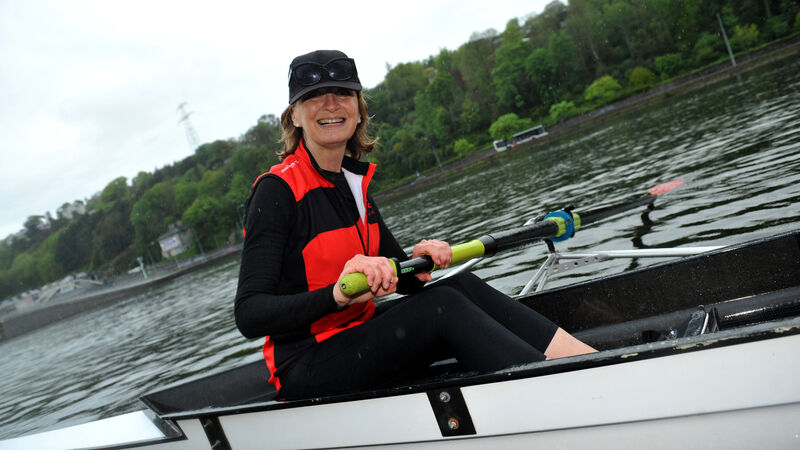Watch: 'This is not for the faint-hearted...' - Adi Roche on mastering the art of rowing

'Maybe I was being ageist': At 61, Adi Roche never thought she could pick up rowing again. Four years later, it's become one of her greatest passions. Picture: Larry Cummins








